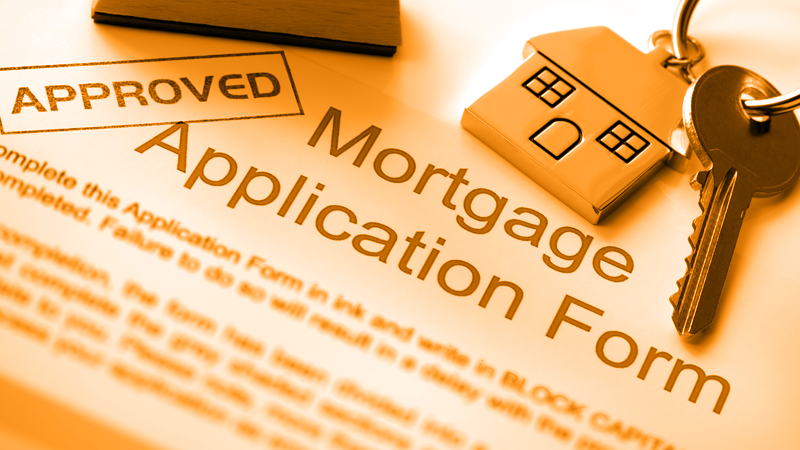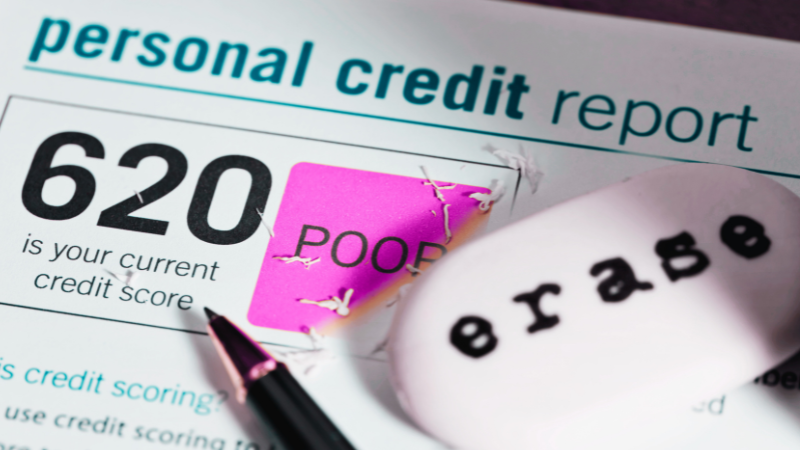Even if your property has been repossessed, you can still get a poor credit mortgage.
It’s all down to knowing where to look and making sure you meet the conditions.
People often make the mistake of thinking that obtaining a mortgage after repossession is impossible.
Whilst it is true that some high street lenders will frequently decline mortgage applications that show evidence of adverse credit, it is important to note that not all lenders are the same.
The key is knowing which lenders to apply to, meet those lenders’ criteria, and maintain good credit conduct after the repossession.
In short, if you have had a home repossessed in the past that doesn’t mean you cannot obtain a mortgage in the future.
You simply need to look at speciality lenders based on your circumstances and show that you can meet the criteria in terms of deposit and affordability – that’s what our expert mortgage advisors are for.
Can I get a mortgage after a repossession?
Most lenders consider the following when reviewing your mortgage application:
Date of Repossession
Probably the first and most important factor that lenders consider before your application is the date of your repossession.
The more time that has passed since your repossession, the more likely lenders are to consider offering you a mortgage. I
If your property has been repossessed within the last 3 years for example, then you will find it very difficult to get a mortgage without making a substantial deposit.
If the repossession was over 3 years ago, you may be able to apply for a mortgage up to 85% loan-to-value (LTV) whereas if your repossession was over 6 years ago, you may be able to apply for a mortgage up to 95% LTV.
It’s pretty simple: the more recent the repossession, the more deposit you will need.
What interest rates will I be eligible for after a repossession?
The time elapsed since the repossession also has a significant impact on the rate at which you can acquire a mortgage.
If the repossession occurred in the last 3 years, the rate will be higher.
There is more chance of being offered a competitive rate if the repossession occurred over 3 years ago.
However, for repossessions that occurred over 4 years ago, better rates may be available offered.
These rates will often be comparable to those of the market leaders.
It is worth noting that the amount of deposit you have available will impact rates, as will other credit behaviours.
Repossessing mortgage lender
It is quite common for your mortgage application to be affected by the lender who repossessed the property.
If your property was repossessed by a lender belonging to a financial group or institution, then it is more likely that your mortgage will be rejected if you apply to one of the companies within that financial group.
It is important that you do your homework before seeking out a lender. It is vital that you choose a lender that is most appropriate for your mortgage needs.
For example, if you have a poor credit profile, then it may be best to seek out a lender that specialises in obtaining mortgages for those with an unbalanced credit history.
Our expert mortgage advisors are on hand to do the hard work for you and find you the best deal available on the market.
Reason for Repossession
The reason for repossession ranks high on the checklist of many lenders as they will take into consideration the reason for your repossession. This is all part of the application process.
If you have a genuine reason for repossession, i.e. if you were the victim of fraudulent activity or other factors beyond your control, then many lenders will relinquish these factors in order to offer you the best deal available.
It is important to investigate this before applying and attempt to gain some understanding of which lenders operate this policy.
Size and Cost of Repossession
Lenders will explore the amount of capital involved in the repossession. If this figure is high, then it can have an adverse impact on your mortgage application.
For example, if the repossession runs into the millions, or if the repossession was taken against multiple mortgages, it could be harder and more costly for you to obtain a mortgage.
In a nutshell, the lower the amount of money involved in the repossession, the more likely lenders are to readily accept your application and offer you a more competitive rate.
Please note that this is based solely on our vast experience working with all types of lenders and that every application is different. The success of your application coupled with the mortgage rates offered will highly depend on the quality of your application.
Want a mortgage for a rental property? They work slightly differently to regular residential mortgages, learn all about them in our buy to let mortgages with bad credit.
So, in summary, lenders will usually assess your eligibility for a mortgage after repossession based on:
- Your current financial position.
- The time elapsed since the repossession.
- Your credit profile since the repossession.
What if I have a poor credit history?
Don’t be put off applying for a mortgage if you have a less than colourful credit history. There are plenty of lenders out there who can help.
We specialise in poor credit applications but please be aware that if you’ve had past or present blemishes on your credit file after your repossession, then you may find it difficult to secure a good rate.
The more cracks you have on your credit file, the higher rates you’ll be offered.
If there are other credit issues on your credit file such as arrears, defaults, late payments, bankruptcy or CCJ it can often make a lender question your creditworthiness, especially if these have occurred since the repossession.
This quite often indicates that you have not fully recovered financially from the repossession and can have a detrimental impact on the number of lenders likely accept your application.
Note: Are you looking for commercial property but have a bad credit history? Bad credit commercial mortgages may be an option for you.
Credit behaviour since the repossession
Lenders want to lend their money to customers who have proved that they can recover from an unstable financial past and have repaired their bad credit.
Those who can show that they are less likely to default on another mortgage are more attractive to lenders.
Make sure you keep up to date with payments for unsecured debts (such as credit cards, loans etc.) so that lenders can see that you’re able to keep up with credit commitments.
Affordability assessment
In order to obtain another mortgage after repossession, you will be subject to the same eligibility criteria as any other mortgage application.
You will need to supply significant evidence of affordability to the lender. As a customer with a past repossession, you are more likely to be under heavier scrutiny though.
The key is to provide enough evidence to prove to the lender that you are at low risk of defaulting on future mortgage payments or running into similar trouble as in the past.
Looking for a commercial mortgage with bad credit? You may be interested in the possibility of shared ownership.
Legacy Payments
In cases where the money is still owed to a lender after a repossession, you will often find that the list of lenders available to you will be significantly lower than if you had no outstanding financial obligations to the previous lender.
This can also have an adverse effect on the amount of money you will need for a deposit. In brief, the more money owed after repossession will have a greater impact on the success of your application
Key points to remember:
- Not all lenders are the same.
- The date of your repossession will determine the interest rates available to you and impact the amount of deposit you will need to secure a mortgage.
- The more evidence you can supply to prove your affordability and credit stability, the more chance you have of obtaining a better deal.
- Contact us today to speak to our mortgage experts.

















